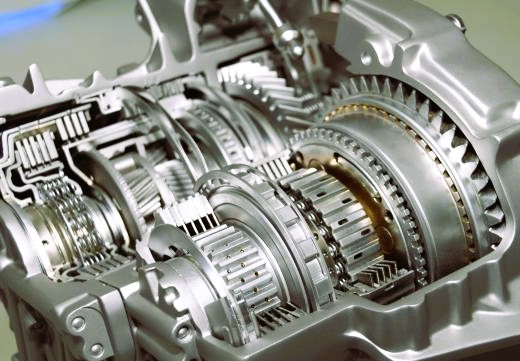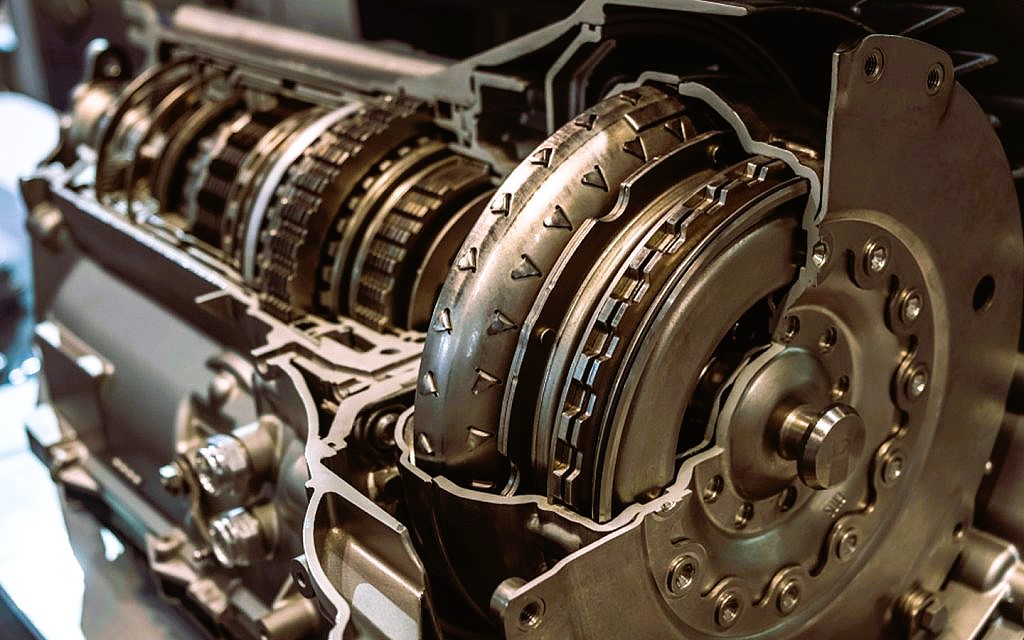Mechanical and hydraulic transmissions are two distinct types of power transmission systems used in various machinery and vehicles, each with its own set of advantages and disadvantages. Understanding the differences between these transmission types is crucial for selecting the most suitable option for specific applications. In this article, we’ll explore the pros and cons of mechanical and hydraulic transmissions to help you make informed decisions.
Mechanical Transmission:
Pros:
- Efficiency: Mechanical transmissions, such as manual transmissions, are known for their high efficiency. They transmit power from the engine to the wheels with minimal energy loss, resulting in improved fuel efficiency and performance.
- Direct Control: With mechanical transmissions, drivers have direct control over gear selection and shifting. This allows for a more engaging driving experience and greater responsiveness, especially in performance-oriented vehicles.
- Simplicity: Mechanical transmissions typically have fewer components compared to hydraulic transmissions, making them simpler and easier to maintain. This simplicity often translates to lower maintenance costs and reduced downtime for repairs.
- Cost-Effectiveness: In many cases, mechanical transmissions are more cost-effective to manufacture and install compared to hydraulic transmissions. This can lead to lower vehicle purchase prices and reduced overall operating expenses.
- Durability: Mechanical transmissions are renowned for their durability and longevity, especially in applications where they are subjected to heavy loads or harsh operating conditions. Properly maintained mechanical transmissions can last for hundreds of thousands of miles without major issues.
Cons:
- Skill Requirement: Operating a mechanical transmission requires a certain level of skill and coordination, particularly when it comes to shifting gears manually. Novice drivers may find it challenging to master the intricacies of manual transmission operation.
- Limited Automation: Mechanical transmissions lack the advanced automation features found in some hydraulic and electronic transmission systems. This means they may not offer features like adaptive shifting algorithms or automatic clutch engagement.
- Clutch Wear: Manual transmissions rely on a clutch mechanism to engage and disengage the engine from the transmission. Over time, clutch components can wear out and require replacement, leading to increased maintenance costs. More details can be found at the link:https://outdoorlogic.net/power-steering-fluid-bubbling/
Hydraulic Transmission:

Pros:
- Smooth Operation: Hydraulic transmissions, such as automatic transmissions, offer smooth and seamless gear changes without the need for manual intervention. This results in a more comfortable driving experience, particularly in stop-and-go traffic.
- Adaptability: Hydraulic transmissions can adapt to changing driving conditions and load demands more effectively than mechanical transmissions. Advanced hydraulic systems can adjust shift points, torque converter lockup, and other parameters in real time to optimize performance and efficiency.
- Convenience: Automatic transmissions eliminate the need for manual gear shifting, making them more convenient and user-friendly, especially for drivers who prefer a relaxed driving experience. This can be particularly beneficial for long-distance travel or urban commuting.
- Enhanced Safety: Some hydraulic transmissions feature safety enhancements such as torque converter stall protection, hill start assist, and adaptive cruise control. These features help improve vehicle stability, traction, and overall safety.
- Smooth Power Delivery: Hydraulic transmissions provide smoother power delivery compared to manual transmissions, especially during acceleration and gear changes. This contributes to improved vehicle refinement and passenger comfort.
Cons:
- Lower Efficiency: Hydraulic transmissions typically have lower efficiency compared to mechanical transmissions, primarily due to fluid friction losses and the operation of hydraulic pumps and actuators. This can result in slightly reduced fuel economy and performance.
- Complexity: Hydraulic transmissions are more complex than mechanical transmissions, with numerous hydraulic components, valves, and sensors working together to control gear changes and torque transfer. This complexity can lead to higher maintenance costs and increased diagnostic challenges.
- Cost: Automatic and other hydraulic transmissions are generally more expensive to manufacture, install, and maintain compared to manual transmissions. This can contribute to higher vehicle purchase prices and ownership costs over the long term.
- Limited Driver Control: While some hydraulic transmissions offer manual shift modes or paddle shifters for driver control, they still lack the direct engagement and tactile feedback of mechanical transmissions. This may disappoint enthusiasts who prefer full manual control over gear selection.
Both mechanical and hydraulic transmissions have their own unique strengths and weaknesses, making them suitable for different applications and preferences. Mechanical transmissions excel in simplicity, efficiency, and driver engagement, while hydraulic transmissions offer convenience, smoothness, and adaptability. When choosing between these transmission types, consider factors such as driving style, intended use, vehicle type, and personal preference to determine the best option for your needs. Ultimately, selecting the right transmission can enhance vehicle performance, efficiency, and overall driving satisfaction.
